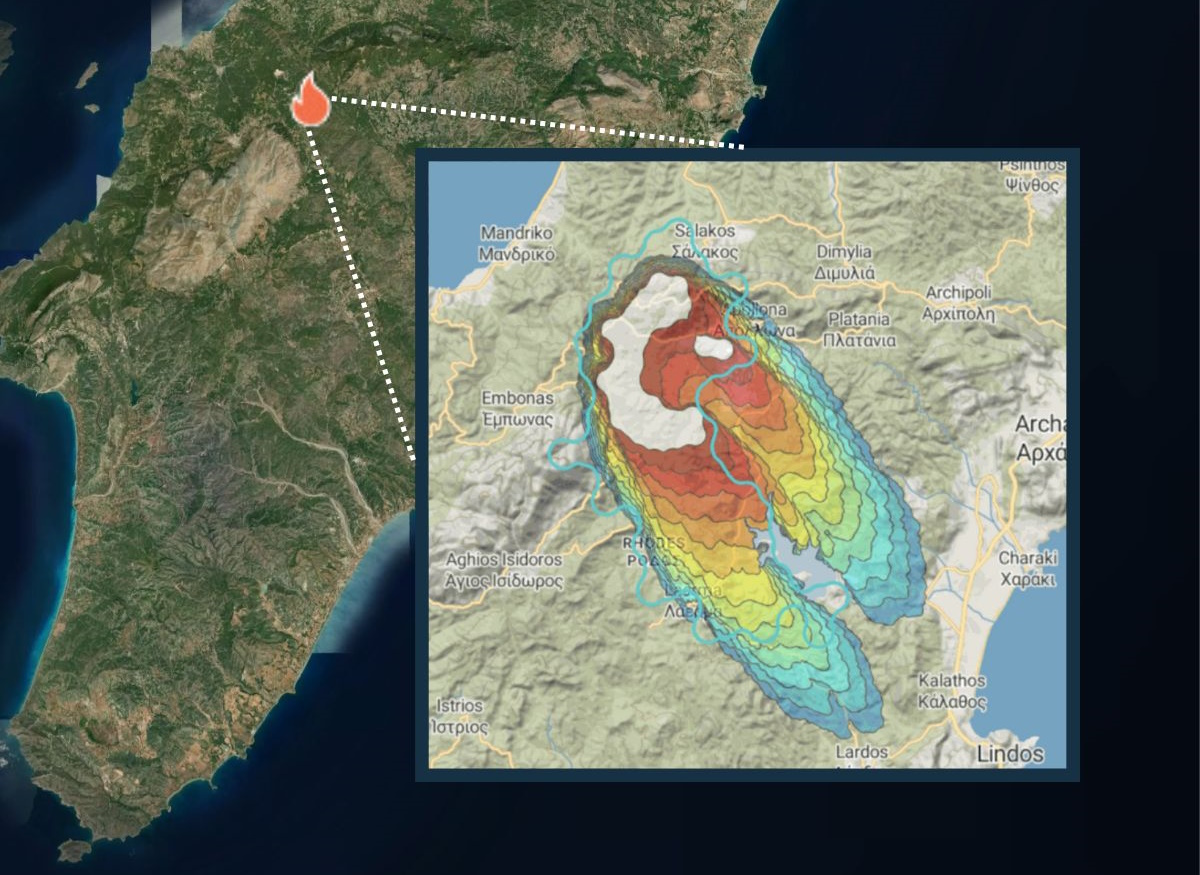Wildfires aren’t going away, but our ability to detect and track them — and maybe catch them early enough to prevent serious damage — is getting better. OroraTech is taking a space-based approach to “wildfire intelligence,” and just raised $25 million to grow its market and cover more of the Earth. The German startup currently […]
© 2024 TechCrunch. All rights reserved. For personal use only.
Wildfires aren’t going away, but our ability to detect and track them — and maybe catch them early enough to prevent serious damage — is getting better. OroraTech is taking a space-based approach to “wildfire intelligence,” and just raised $25 million to grow its market and cover more of the Earth.
The German startup currently has two thermal-infrared imaging satellites in orbit, watching over a number of locations around the world and some 160 million hectares of forest land.
OroraTech first used data from dozens of other imaging satellites and terrestrial sources, but now relies on its own and is planning on having an initial constellation of eight up and running by mid-2025.
The FOREST-3 satellite, planned for early 2025 launch.Image Credits:OroraTech
The idea, as you might expect, is to offer near-real-time monitoring of lands where wildfires are a risk. The company recently landed a €20 million ESA contract to keep an eye on Greece’s forests, for instance, and they’re watching properties and lands in North America and the Pacific as well.
The more data they collect, the better their service can be — it’s a big part of many imaging and space plays that a unique, high-quality dataset can be worth as much as the service itself. Especially when heavy hitters like Google are getting involved.
This €25 million (about $27 million) B round was led by Korys, the European Circular Bioeconomy Fund, and Bayern Kapital, with participation by Edaphone Private Impact Fund, Ananda Impact Ventures, ConActivity KG, and Findus Venture. The cash infusion should let the company keep building out its sensor network and training up its predictive AI systems; expect to hear about their next satellite, FOREST-3, going up in early 2025.

Leave a Reply